Eric Underwood: Why dance is for dudes
Being a boy can be an asset in a female-dominated field, says the Royal Ballet star, but now we need to give elitism the elbow
A free daily email with the biggest news stories of the day – and the best features from TheWeek.com
You are now subscribed
Your newsletter sign-up was successful
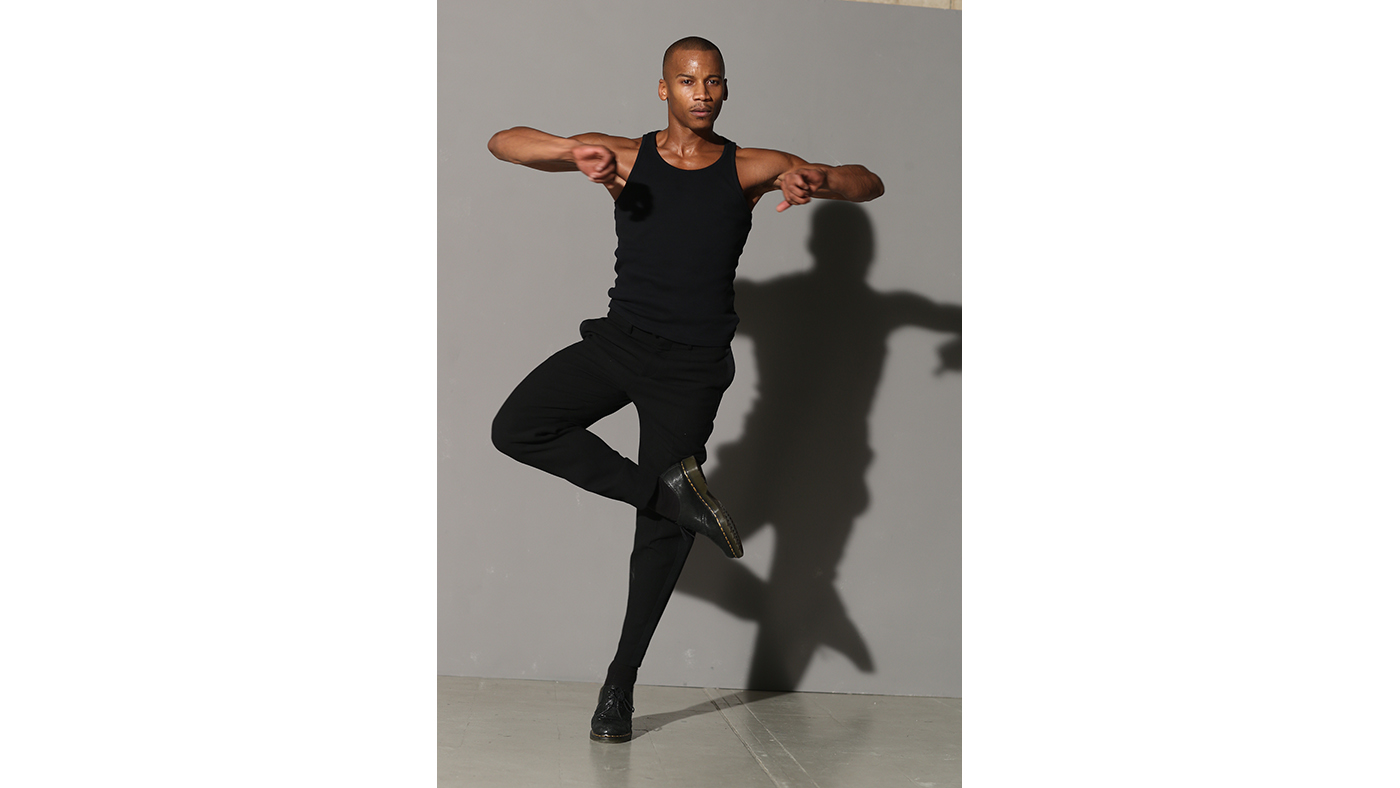
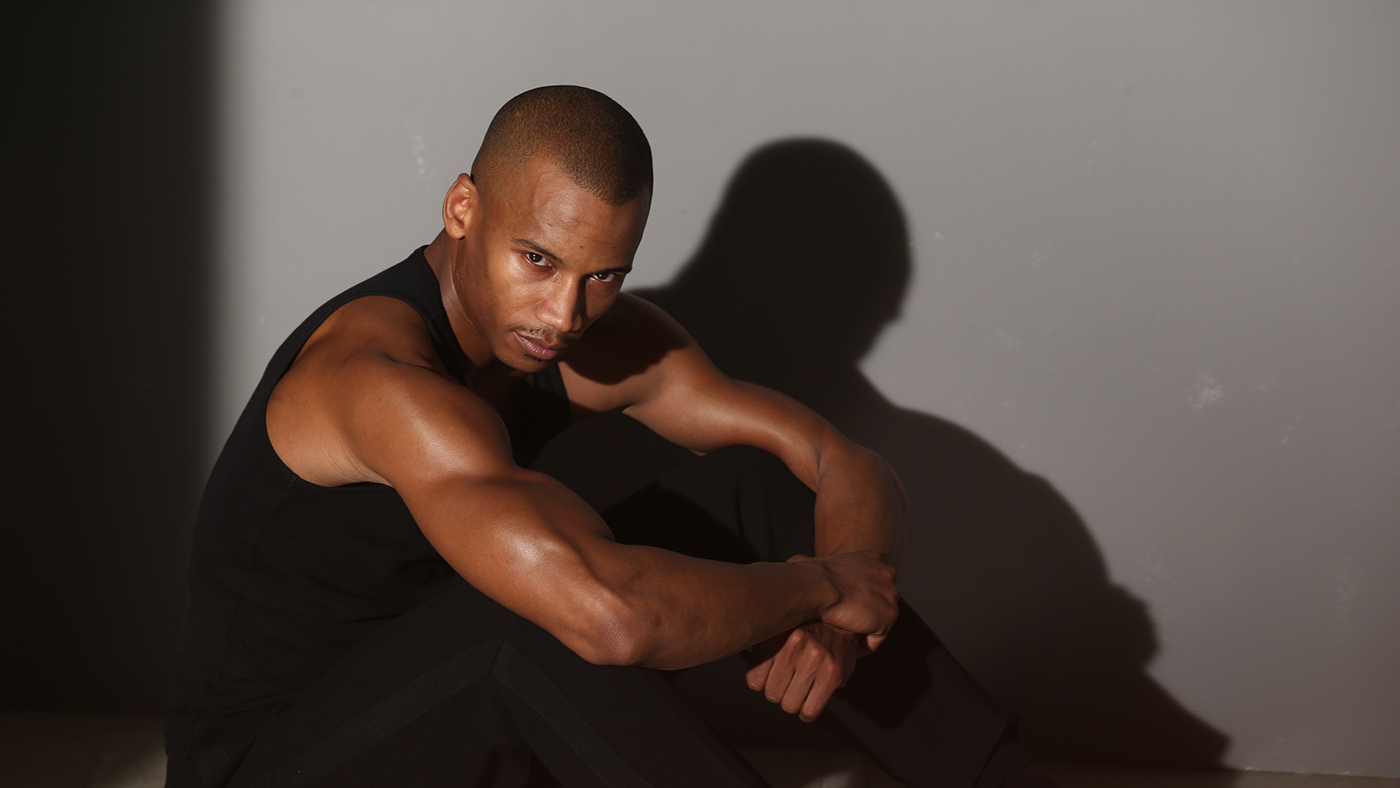
There's a myth in this country that Billy Elliot changed everything as far as boys getting interested in ballet was concerned, that kids from working-class backgrounds suddenly got interested in becoming ballet dancers. Well, although it's a great film, I'm afraid my experience living here for the past ten years is that this really is a myth – it's not the case at all.
Billy Elliot may have stimulated some interest in ballet for boys, but it stimulated it among parents who already know about ballet and essentially, that means parents who are affluent. For families from less advantaged backgrounds, ballet still looks – and is – quite elitist. The lessons are very expensive and everyone believes little girls want to become a ballerina and boys don't dance. Sadly, by the time a boy is old enough to realise he's interested in ballet, it's often too late. You need to start between the age of ten and 16 at the latest. I was a late starter – I was 14 when I stumbled into ballet. I didn't really understand that was what was happening, although I knew I could dance in the sense that I could street dance.
I'd say my experience of ballet before then was typical in that it was simply not on my radar. That was in Maryland, in the States, where I grew up in a poor family. But whether we're talking about the UK or the US or anywhere in the world, the story's the same: ballet's not something they've ever thought about. That was true for me, certainly. I'd never heard of ballet for boys – all ballerinas were little girls. The idea of a boy dancing like that was from Mars.
The Week
Escape your echo chamber. Get the facts behind the news, plus analysis from multiple perspectives.

Sign up for The Week's Free Newsletters
From our morning news briefing to a weekly Good News Newsletter, get the best of The Week delivered directly to your inbox.
From our morning news briefing to a weekly Good News Newsletter, get the best of The Week delivered directly to your inbox.
When you talk to most male ballet dancers, you discover the family was always into ballet. Many of my colleagues at the Royal Ballet, for example, will say something like: "My sister danced and I had to wait for her to finish class, so I joined in." Or: "My parents went to the ballet and used to take us." But, of course, it's a particular kind of parent that takes their child to the ballet.
My story was different. My school was horrific, but there was a performing arts school down the road. My mum said I should apply to study acting, so I went for an audition with a prepared monologue. I didn't know anything about acting and completely forgot my lines. On the way out, they asked if I could do anything else and I saw these girls doing the splits. I thought: "I'll try that." And because I was a guy, they gave me a chance, even though I was wearing jeans at the time!
I discovered I had a facility for ballet and because it was a ticket out of my personal circumstances, I didn't find the discipline hard – I knew it could change things for me. I got to travel, I got to help my parents out... it can provide opportunities to change your life, not only culturally, but in every sense. And if you think about it, if you have a physical aptitude for it as a boy, the odds of you succeeding are so much higher in something where there is demand but less supply. Say you want to be a footballer: how many other kids want to play football compared to how many want to dance? I was a physical child – I played American football and did gymnastics. I was looking for something to change my circumstances – once I’d found it, ballet was that thing.
At the moment, there's no established path into ballet for boys from non-privileged backgrounds. I get messages from kids from all over the world asking how to get started and I don't know what to say, how to give them direction. The route in for most is still the old way: private lessons and supportive parents. To change this, we have to make ballet accessible and remove any lingering stigma about boys dancing – most people still associate it with little girls in tutus.
A free daily email with the biggest news stories of the day – and the best features from TheWeek.com
This was brought home to me not long ago, when I participated in an experiment for the BBC. I appeared in a programme for the Inside Out series in which I went to teach ballet to boys in a state school in Hackney, in London. We chose 60 who were into playing football and I was introduced to them as a ballet teacher. They were clearly shocked when I went in to the seminar – for two reasons, I think: I'm black, but more unusually still, I'm a man.
Although there have been great male ballet dancers such as Rudolf Nureyev, most young boys wouldn't know who they were unless they come from an affluent, ballet-loving background; it's not like tapping into a desire to be like David Beckham, for example. So I found the best way to engage with these kids was to see if they could jump higher than me, run faster than me – physicality is what stimulated them.
Of the 60, two had what it takes in all respects. What was interesting is, while one had the support of his parents and is now studying ballet seriously, the other's parents wouldn't allow him to pursue it. They told me – both mum and dad – that ballet was for girls and he should be playing football.
For me, the way to fix this is to make ballet a lot less elitist by bringing it into the mainstream. That could be done by promoting dance as an extracurricular activity in schools. Kids are required to take PE, so they could be encouraged to consider dance, too. The way in would be through dance generally, and now would be a good time for this, as hip-hop and ballroom clearly have a following. Strictly Come Dancing is massively popular and has got people interested in dancing – although not in ballet. And while most kids wouldn't continue with ballet in later years, experience of it at school would create the audience of the future. At present, it's just so foreign and unknown for most people.
Making ballet seem like just one more form of dance rather than an elitist activity is definitely how I would like to promote it to kids in general and boys in particular. Before I started dancing ballet, I would have street-dance contests with my sister and our neighbours. Through this, I discovered coordination and the ability to move to music. It doesn't matter that it was pop – it still required me to imagine how I'd dance to it.
Even when I started training for ballet, I needed to find a way to make it relatable to me – my inspiration was more MC Hammer than Mikhail Baryshnikov! I think having the ability to just dance and enjoy music shapes you as a ballet dancer – there's nothing better than being able to move. Even today, I'll listen to pop music to get me in the mood before I go on stage; after all, I learnt to dance on the front porch to pop. Present it to kids in that way and they'll get it.
ERIC UNDERWOOD is an American dancer who has been with the Royal Ballet since 2006 and a soloist since 2008. He is currently dancing in the production Anastasia; roh.org.uk
-
 How the FCC’s ‘equal time’ rule works
How the FCC’s ‘equal time’ rule worksIn the Spotlight The law is at the heart of the Colbert-CBS conflict
-
 What is the endgame in the DHS shutdown?
What is the endgame in the DHS shutdown?Today’s Big Question Democrats want to rein in ICE’s immigration crackdown
-
 ‘Poor time management isn’t just an inconvenience’
‘Poor time management isn’t just an inconvenience’Instant Opinion Opinion, comment and editorials of the day
-
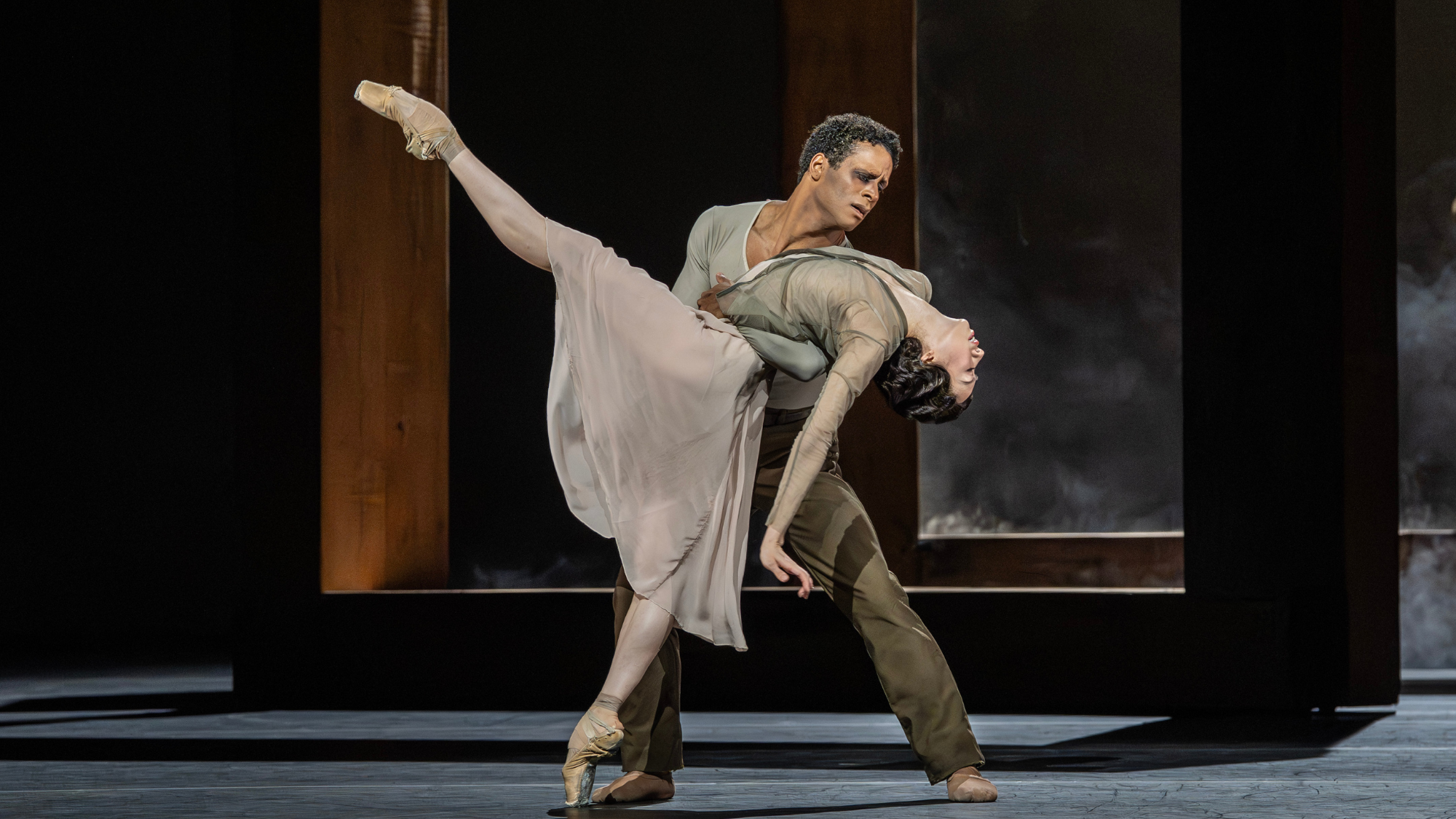 Woolf Works: the Royal Ballet’s ‘dazzling’ production
Woolf Works: the Royal Ballet’s ‘dazzling’ productionThe Week Recommends Wayne McGregor’s three-act show brings Virginia Woolf’s creative world ‘vividly’ to life
-
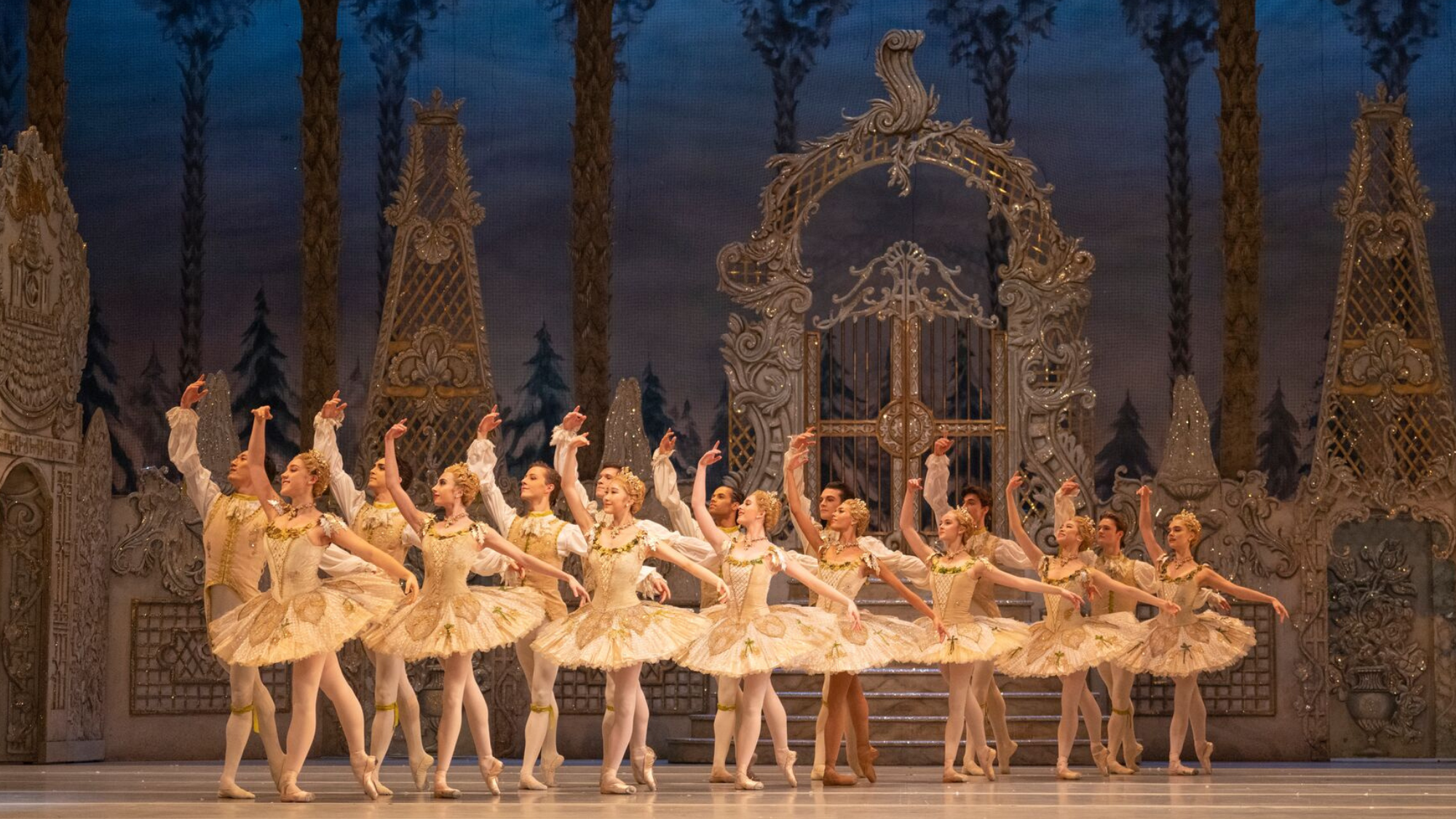 The best Christmas theatre shows across the UK
The best Christmas theatre shows across the UKThe Week Recommends Tip-top festive ballets, plays and comedies to book up now
-
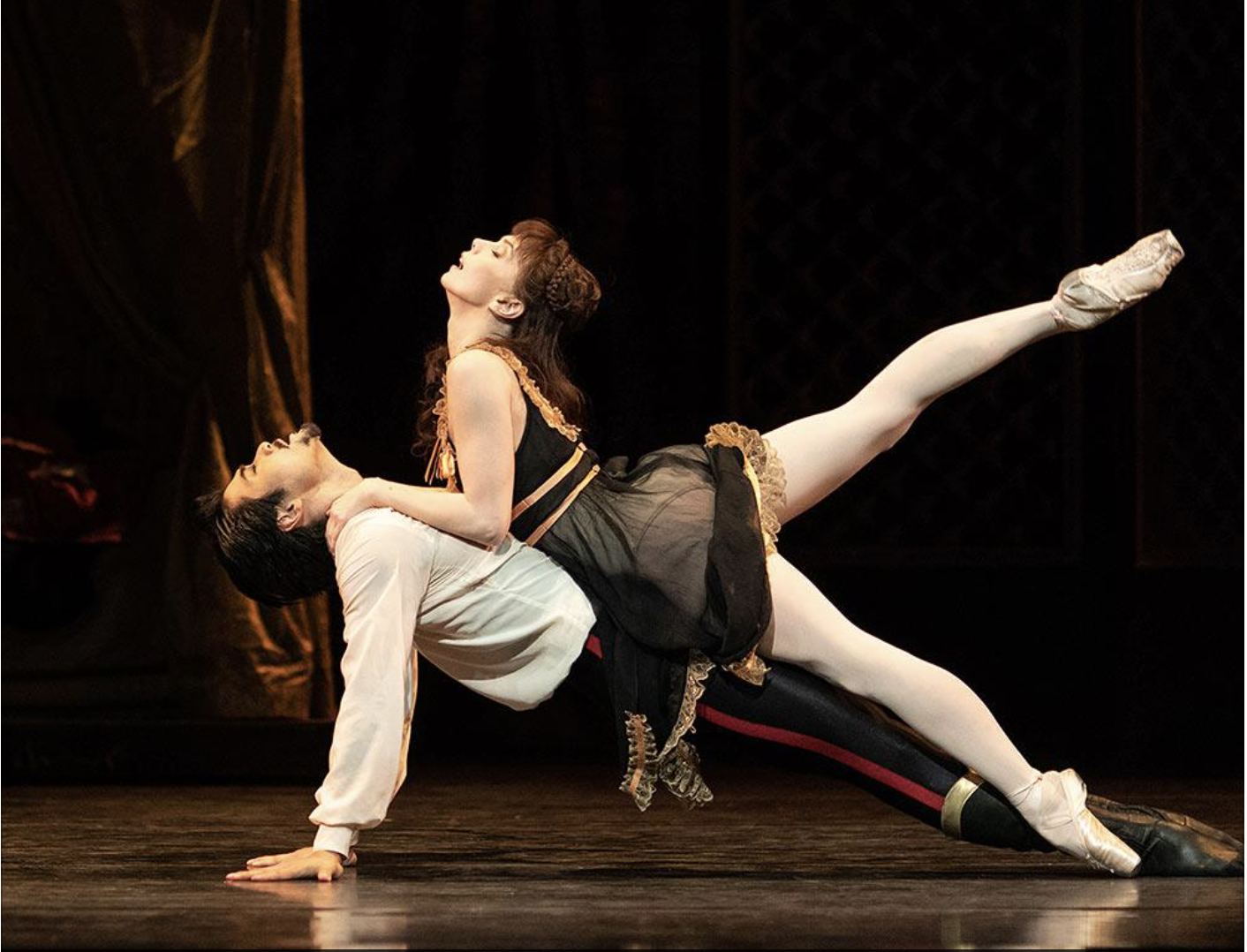 Mayerling: The Royal Ballet’s revival of MacMillan’s ‘revolutionary’ piece
Mayerling: The Royal Ballet’s revival of MacMillan’s ‘revolutionary’ pieceThe Week Recommends Magnificently danced revival of the 1978 show is utterly ‘engrossing’